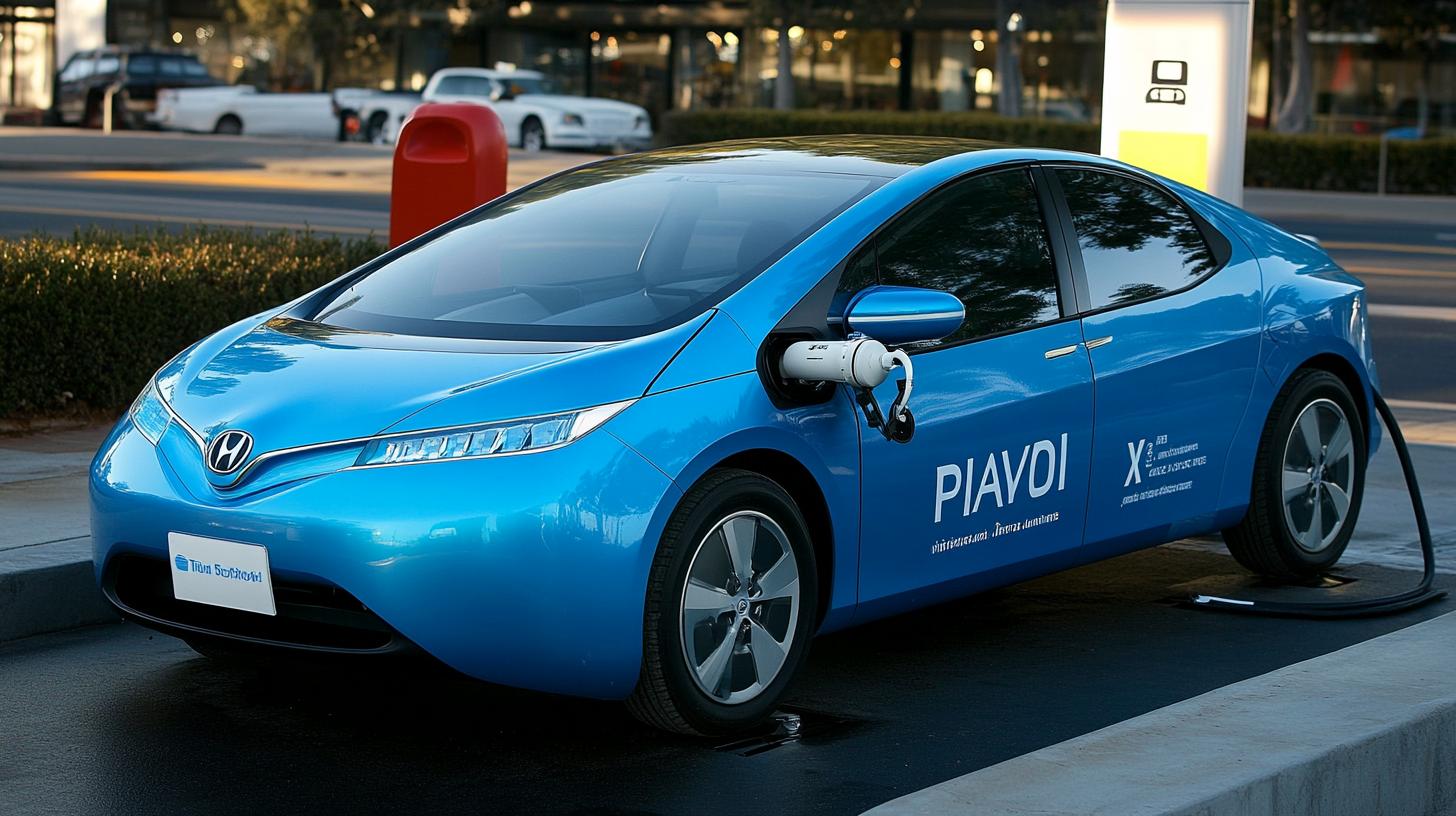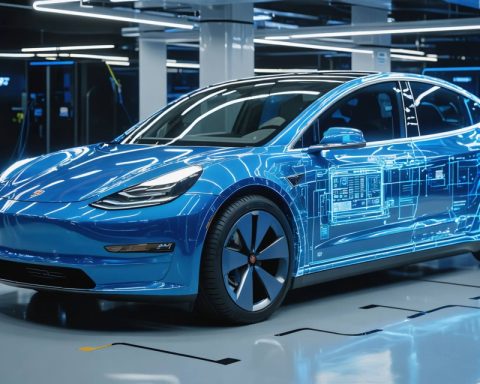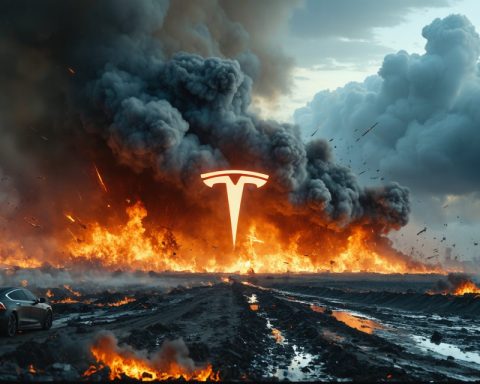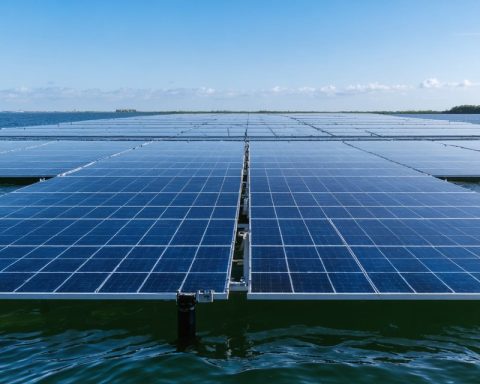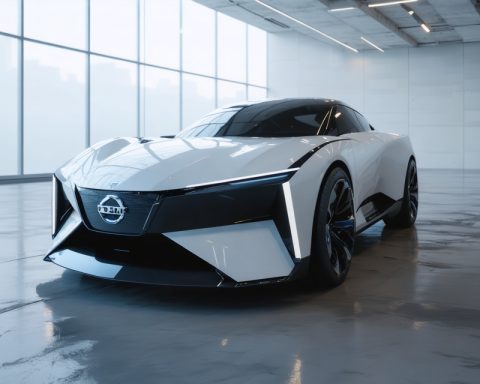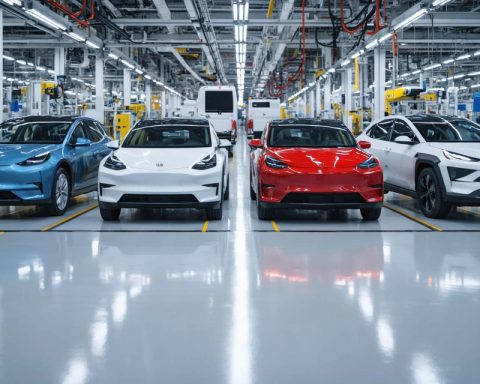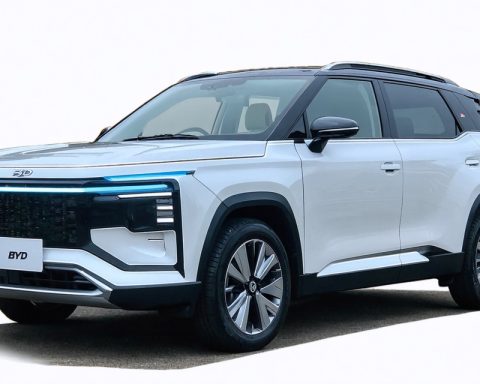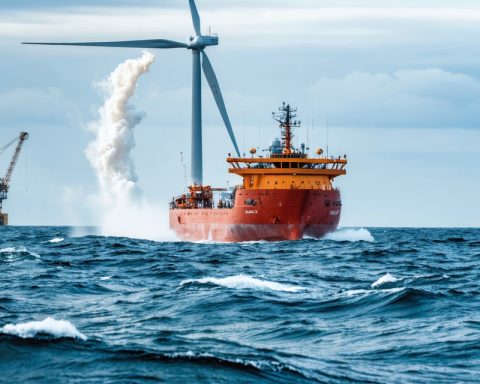Throughout his political rallies, Donald Trump has focused unexpectedly on hydrogen cars, asserting they pose a significant risk due to their potential to explode. His speeches have featured vivid imagery of hydrogen vehicles erupting, which captures listeners’ attention despite its sensationalistic nature.
Hydrogen fuel-cell vehicles, contrary to Trump’s claims, are designed with stringent safety protocols, akin to their gasoline and electric counterparts. Globally, examples of hydrogen-related incidents are exceedingly scarce. The narrative contrasts sharply with historical accounts, where fuel cells have been safely implemented, such as in the Toyota Mirai or the Hyundai Nexo. These vehicles, while not universally adopted, haven’t triggered widespread safety concerns.
Interestingly, the only noteworthy mention of explosive events was linked to the Ukrainian military’s inventive repurposing of a Toyota Mirai’s fuel cell as a weapon. Such incidents remain isolated and aren’t indicative of widespread issues, especially within the United States.
Trump’s antagonist stance toward hydrogen technology might stem from an intricate web of political dynamics involving high-profile tech figures, such as Elon Musk. As a vocal proponent of battery-electric vehicles, Musk’s indirect influence could spur Trump’s pivot from endorsing traditional vehicles to criticizing alternative solutions like hydrogen cars.
Despite the buzz created by Trump’s speeches, the factual argument against hydrogen-fueled transportation remains mostly speculative and steeped in rhetoric. Meanwhile, the potential for hydrogen in commercial trucking still holds promise, even if its future in passenger vehicles appears less certain. As this topic unfolds, the debate surrounding the role of hydrogen cars continues, fueled by equal parts innovation and controversy.
Are Hydrogen Cars the Future? Uncovering the Truth Behind the Controversy
In recent discourse, hydrogen cars have been thrust into the spotlight, particularly with high-profile figures like Donald Trump voicing skeptical opinions. But beyond the headlines, what untold impacts could hydrogen technology have on society?
How Hydrogen Technology Could Revolutionize Transportation
While hydrogen cars might lack the mainstream popularity of their battery-electric counterparts, they hold significant implications for the future of transportation. Hydrogen fuel cell vehicles (FCVs) like the Toyota Mirai and Hyundai Nexo offer fast refueling times compared to electric vehicles and can potentially enable longer travel ranges. This could vastly benefit industries like commercial trucking, where time and efficiency are crucial. If hydrogen infrastructure were developed in tandem with the vehicles, it could transform logistics and shipping, which are the lifeblood of global economies.
Economic and Environmental Impacts
The shift towards hydrogen has profound environmental stakes. Unlike fossil fuels, hydrogen fuel cells emit only water vapor, presenting an eco-friendly alternative that could significantly reduce greenhouse gas emissions. Countries investing in hydrogen technology, such as Japan and South Korea, view it as a critical component to achieving carbon neutrality.
Economically, the hydrogen sector could create jobs in research, development, and infrastructure, providing opportunities in locales transitioning away from fossil-fuel-dependent industries. For communities seeking to diversify economically and promote sustainable practices, hydrogen presents a promising avenue.
The Reality vs. the Rhetoric
One major question arises: Are hydrogen vehicles genuinely as dangerous as some critics claim? Industry experts and regulatory bodies maintain that hydrogen cars are engineered with rigorous safety standards comparable to traditional automobiles. Incidents like the Ukrainian military’s unconventional use of a hydrogen fuel cell are anomalies, not indicative of systemic risks associated with adoption.
Controversies and Competing Interests
The debate over hydrogen versus battery-electric vehicles (BEVs) may also reflect commercial rivalries. Figures like Elon Musk, with vested interests in electric cars, naturally influence the conversation. Musk has long championed BEVs, pushing advancements in Tesla’s technology. Could Trump’s opposition to hydrogen be less about safety concerns and more about strategic alignment within these tech-driven power dynamics?
Hydrogen cars also face challenges in infrastructure and production. Producing “green hydrogen,” using renewable energy, remains costly compared to conventional methods that rely on natural gas. Until sustainable production scales, hydrogen’s role in the energy transition will be modest.
The Path Forward
Despite skepticism and the hurdles ahead, hydrogen has a place in the global push toward sustainable transportation. Its potential leans heavily on technological advancements, strategic investments, and shifting global energy policies. How these elements align will dictate the speed and scale of hydrogen’s integration into modern life.
For more insights into hydrogen technology and its potential impact, consider exploring resources like U.S. Department of Energy and International Energy Agency.
